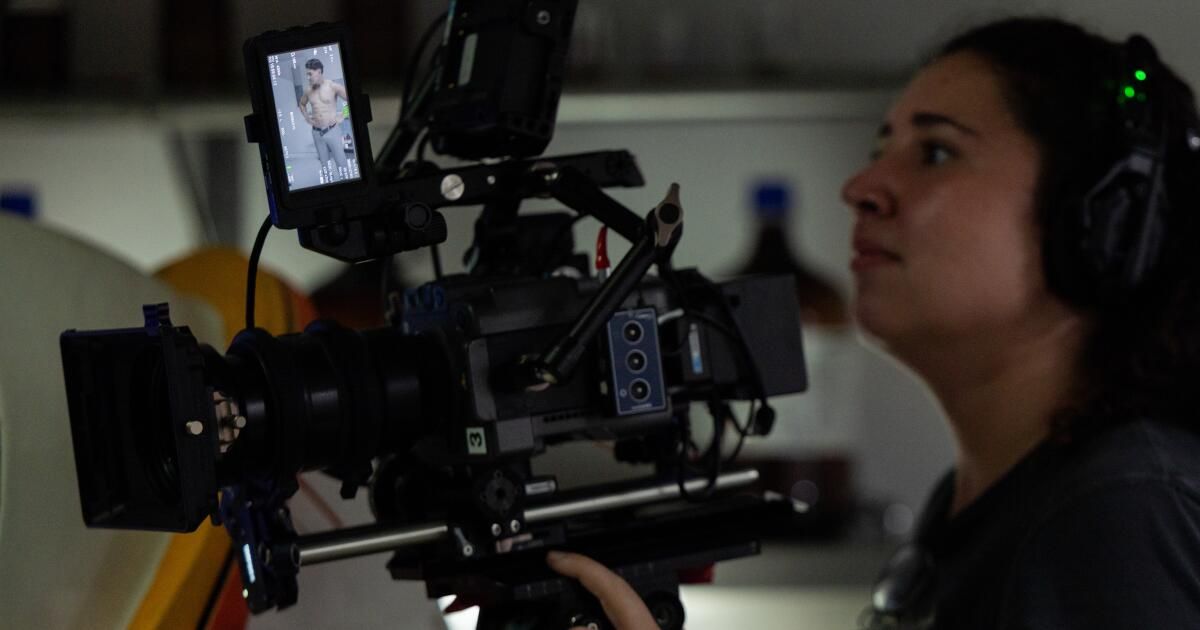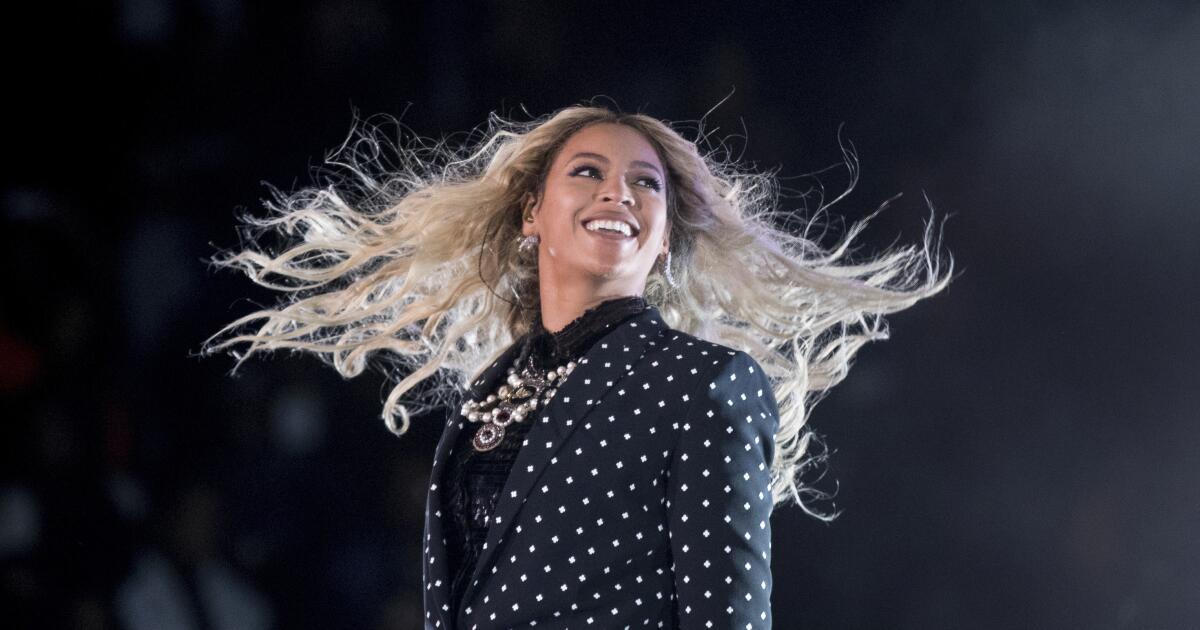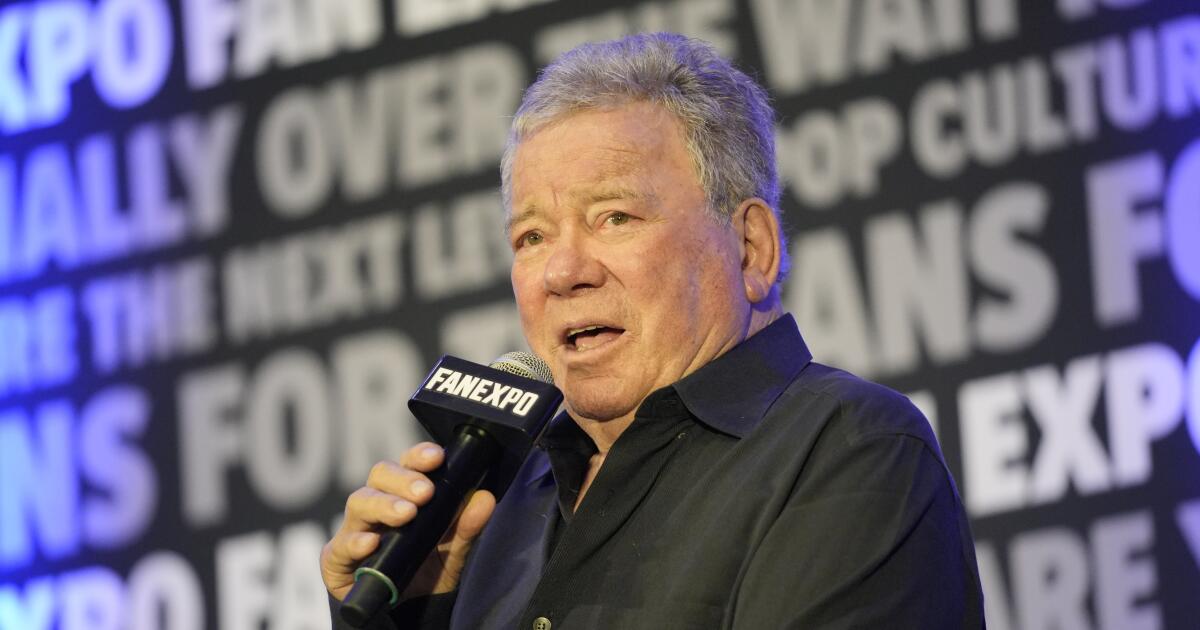SUNNYVALE, California— A young woman is desperate to raise $50,000 for medical treatment that will save her mother's life. She will get the money, but only if she accepts her stepsister's unusual proposal: marry her rebellious fiancé, who comes from a rich family but also has a criminal record.
That's the plot of an episode of “The Double Life of My Billionaire Husband.”
This may sound like a soap opera. In fact, it is a popular series that appears on ReelShort, an application where the public can watch dramatic stories reminiscent of soap operas called microdramas on their smartphones.
Unlike a normal television show, this drama unfolds over 60 episodes, each lasting between one and three minutes. After six episodes, viewers hit the paywall, where they could continue watching ad-free with a $20 weekly subscription, watch ads, or pay as they go.
The series has already garnered more than 494 million views since its launch in 2022 and ReelShort says it has made more than $4 million from the show.
With titles like “The Sex Addicted Billionaire and His Therapist,” “How to Tame a Silver Fox,” and “Pregnant with My Ex's Dad,” the microdramas lean heavily toward sensationalism and have small budgets, typically less than $300,000 per series. And many of them are filmed in Los Angeles.
Director and co-writer Cate Fogarty watches actor Diego Escobar on two vertical monitors. The film, from the DramaShorts platform, is shot vertically to accommodate viewing on a phone screen.
(Juliana Yamada/Los Angeles Times)
Serialized short dramas first took off in China, where they are hugely popular and generated revenue of $6.9 billion last year, surpassing even domestic box office sales, according to DataEye, a Shenzhen-based digital research firm.
Now, Hollywood is starting to take note of the small format.
In August, the venture arm of Lloyd Braun, a former ABC executive and president of talent agency WME, and Los Angeles-based entertainment studio Cineverse formed a joint venture called MicroCo to build a platform for microdramas.
“Traditional Hollywood moved away from a whole genre and narrative that fans love, and I think microdramas really took advantage of that and really leaned into that fandom,” said Susan Rovner, MicroCo's chief content officer.
Study interest
Major studios are investing in microdramas in a bid to replicate China's success and find new ways to attract younger audiences who are used to watching short videos on TikTok, YouTube, Instagram and other platforms while on the go.
Fox Entertainment recently announced an equity stake in Holywater, a Ukraine-based microdrama production company. Under the agreement, Fox Entertainment Studios (a division of Fox Entertainment) will produce more than 200 vertical video titles over the next two years for Holywater.
And Walt Disney Co.'s accelerator program, which invests in startups, recently named microdrama company DramaBox, whose parent company is based in Singapore, as part of its 2025 class.
David Min, vice president of innovation at Walt Disney Co., said he thinks microdramas will continue to do well, especially among younger audiences accustomed to watching entertainment on their phones.
“We have to be where everyone consumes their content, so that's an opportunity for us,” Min said in an interview. “…This is just another new platform to experiment with, explore and see if it's right for the business.”

First assistant director Chakameh Marandi, left, and actress Leah Eckardt wait during filming at Heritage Props last month in Burbank.
(Juliana Yamada/Los Angeles Times)
This year, ReelShort, based in Sunnyvale, California, says it will produce more than 400 shows, up from 150 last year.
All productions are filmed in the United States and primarily in Los Angeles, ReelShort CEO Joey Jia said in an interview. The company plans to build a studio in Culver City that will adapt its most popular microdramas to film.
“We offer many opportunities,” Jia said.
Warsaw-based DramaShorts said it aims to shoot 120 microdrama projects in the United States in 2026, up from 45 to 50 this year. About 25% of them will be in the Los Angeles area.

DramaShorts co-founder Leo Ovdiienko says, “People are very used to consuming content through social media, through TikTok, through Instagram, through Facebook, and sharing information.” .
(Juliana Yamada/Los Angeles Times)
“People are very used to consuming content through social media, through TikTok, through Instagram, through Facebook and sharing information,” DramaShorts co-founder and chief operating officer Leo Ovdiienko, 29, said in an interview. “I think it's only a matter of time before the great players reach this stage.”
The company works with production partners in Los Angeles who employ actors, writers and crew members who work on fast-moving projects, a bright spot in a struggling job market.
“The positive side of filming in Los Angeles is that it's the epicenter of Hollywood,” said executive producer, writer and director Chrissie De Guzman, who has worked on DramaShorts projects. “We know what the state of our industry is right now, so a lot of talent has moved into the vertical space.”
Although vertical dramas are film-length, they are divided into small chapters and produced quickly. A 100-page script can be shot in just a week, instead of a month for a feature film.
Each chapter usually features a cliffhanger or dramatic moment, whether it's a slap or a character in danger.
“It just hits every little emotional point,” said Caroline Ingeborn, chief operating officer of Palo Alto-based Luma AI, which provides artificial intelligence tools to microdrama companies. “It hooks you like that and how it is so easy to press [Play]. You just need to watch the next episode.”

The crew of the vertical film “The Sleeping Princess” takes a break between scenes.
(Juliana Yamada/Los Angeles Times)
Work tensions
With extremely low budgets, many of the productions are non-union, leading some writers and actors to work under pseudonyms to avoid facing sanctions from their unions, said several people who work on the shows.
In an effort to address the problem, the SAG-AFTRA performers union recently announced that it has created agreements that cover low-budget vertical dramas.
Writers Guild of America West President Michele Mulroney said in an interview that the union is aware that “there are companies that are trying to do this work without being unionized, so the guild wants to help our members… so that they can work across verticals and make sure that that work is covered.”
Microdrama producers said they welcomed talking to unions, but questioned whether their business models could support union contracts.
“We are not anti-union at all,” said Erik Heintz, executive producer of Snow Story Productions, which produces vertical dramas for platforms like DramaShorts.
Despite labor tensions, these short-form dramas have provided a key source of employment for Hollywood workers who have struggled to find work as production moved out of California.
Corey Gibbons, 44, a director of photography, said vertical dramas kept him in business when other jobs dried up.
“I have a feeling we're on the verge of something that's really going to change,” Gibbons said. “I'm excited to be a part of this.”
So was actor Sam Nejad, 27, a former “The Bachelorette” contestant who began acting in vertical dramas in January. He said he has landed one or two lead roles a month since then and can earn $10,000 a week.
“It's a new art,” Nejad said. “The new Tarantinos, the new Scorseses are coming out of this.”
ReelShort's Sunnyvale office looks more like a typical Silicon Valley startup than a Hollywood studio.
Jia, the CEO, sits at a desk in an open seating area with his staff. Along the office walls are framed posters with titles like “Prince with Benefits,” “Never Divorce a Secret Billionaire Heiress,” and “All the Wrong Reasons.” Jia proudly points out why each program was notable on a recent tour of the space.
“I don't have money to hire celebrities,” Jia said. “I trust the story 100%.”
The 46-year-old businessman, with training in electrical engineering., He launched his business in 2022. At that time, there was not much interest from Hollywood studios.
Skepticism followed the high-profile collapse of Quibi, the startup run by studio mogul Jeffrey Katzenberg and technology executive Meg Whitman, which worked with A-list movie stars on series that would appear on an app in short episodes. Quibi raised $1.75 billion, only to shut down roughly six months after launching.
Jia took a different approach. Instead of signing expensive deals with celebrities, he hired students or recent graduates from universities like USC to work at his company.
Jia approves of all the microdrama stories on ReelShort, which he says is expected to generate $1 billion in revenue this year.
A ReelShort representative declined to disclose the company's profits, but said the business is profitable.
Jia said ReelShort has 70 million monthly active users, of which 10% are paid users.
The churn rate (the rate at which customers cancel their weekly subscriptions) can be more than 50% on ReelShort, Jia said. That makes it essential for the company to have a constant flow of content that entices customers to continue paying. It currently has more than 400 internal titles and approximately 1,000 licensed titles.
Like others in the genre, ReelShort and DramaShorts rely heavily on data metrics like customer retention and paid subscribers to make content decisions.
“A lot of directors think, when I shoot the movie, 'I don't care how people think, this is my creation, this is my story,'” Jia said. “No, it's not your story. Your success… should be determined by the people.”












